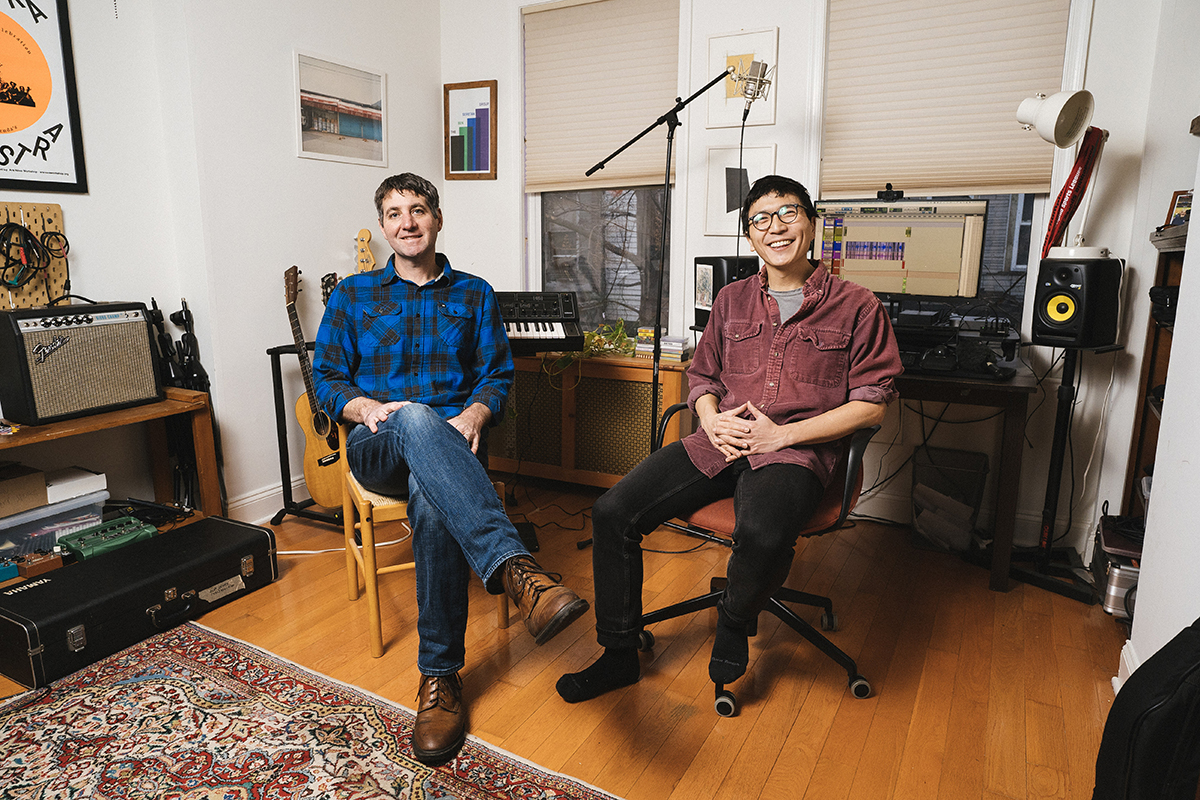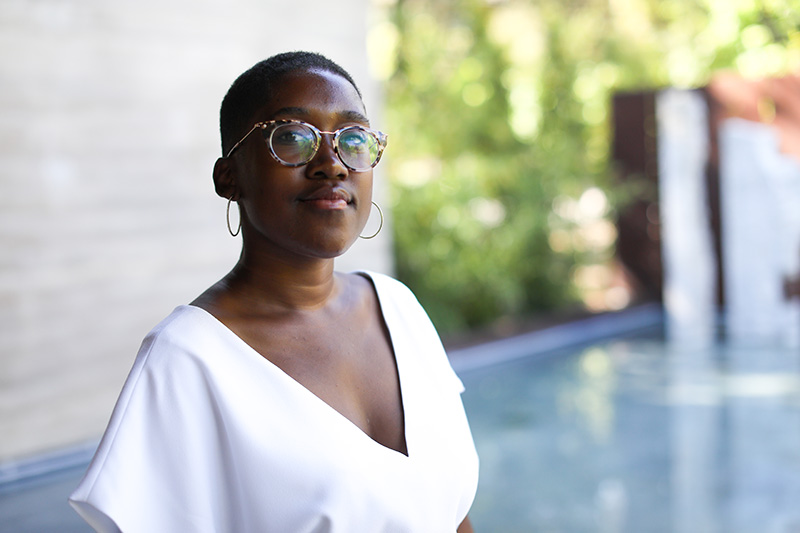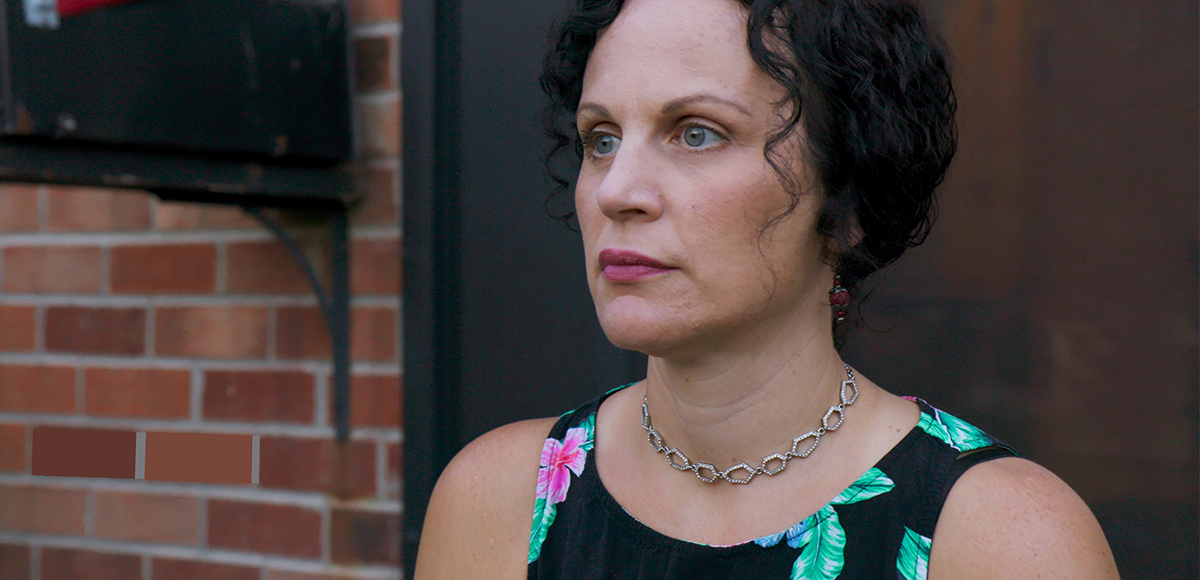Sound Edits
Anything I know about interviewing a guest on a podcast I learned, however unconsciously, from Oprah, Terry Gross and both pre- and post-therapy Howard Stern.
If you read my first blog post, you know that this time last year, I pretty much expected to be working as a public high school teacher until retirement. I had no idea that months later much of my work world would revolve around conducting interviews! So when I say that whatever I understand came to me unconsciously, I mean that. This is a total surprise.
There were years of school days in my life that began with Stern playing on the radio at 6:45 a.m. (low because my parents would have been horrified) and ended with Oprah on TV at 4 p.m. And there are years and years of daily doses of Terry Gross on “Fresh Air.”
And then there is the fact that I eventually learned that the most important element of good teaching is figuring out how to pose good questions.
Mostly what I want to say about all of this business of getting to ask questions for a living is that I am really happy not to be someone who is expected to have answers. To me, having answers is the hard part of work and life.
While there is no mystery around the try-to-have-an-interesting-conversation part of my new work, I have had some epiphanies about audio storytelling. These would not be epiphanies to anyone trained in media or journalism, of course, but as a layperson, I have been pretty awed by the power of editing.


I am ridiculously fortunate to be working closely with John Myers and Alex Lewis from Rowhome Productions and very, very closely with lead producer Sojourner Ahebee. These people are the best of the best (just Google them if you don’t believe me), and somehow, in this universe that appears to be smiling broadly on me at the moment, I enjoy the benefit of their artistry.
After I talk to a guest, I get to listen to the raw interviews. Usually, I am left with a neutral feeling. Like, OK, that wasn’t a disaster. But then begins an orderly yet magical process that starts with Sojourner, who clips and trims and rearranges and writes narration — shaping the conversation in a way that makes everything sound new and better, and sometimes, even important!
And then more magic happens when Alex and John (at least this is how I imagine how things go) start turning dials and pressing buttons and adding music to make everything sound beautiful.
I never thought for one moment about the artistry behind non-musical sound before. I’ve known some audiophiles in my life, and I always thought they were a little strange, to be honest. No more. I get it. Sound is an art form. And I now tell guests that they will be so pleased when they hear what they sound like after the production process. And they do love it. And so do I.
But the writer in me knows that sometimes the editing process forces us to chop off beautiful things. There is only so much time and space for each story, for each essay, for each podcast.
In the case of Episode 2, we had to leave out part of a conversation that was exceptionally moving to me — and that was the story Linda told about being a child in the classroom who had to talk to the teacher about why she smelled badly.
To me, this story is deeply important.
I saw many students shamed because of hygiene issues. I was never a teacher who could talk to a student about hygiene because I couldn’t get near the pain I knew must have been behind that.
If a child or a person smells bad on a regular basis, there is pain. That is all there is to it. Other teachers could joke about it or complain about it or easily have a conversation with a child about it, but I could not figure out how to get near that pain. With a broken heart, I would always turn to the school nurse and pray that the consultation would bring some degree of help and healing. I never much cared about whether the actual smell went away.
Linda Geraghty can go near any of her own pain in service to others. That is why I think this story that she shares — a story that is part of a memoir she is writing about generational trauma — is so important. I hope you will read and tread carefully when you come upon people, and especially children, who are struggling with personal hygiene, because there is always a story there that deserves our gentle attention and care. This is just one of those stories.

